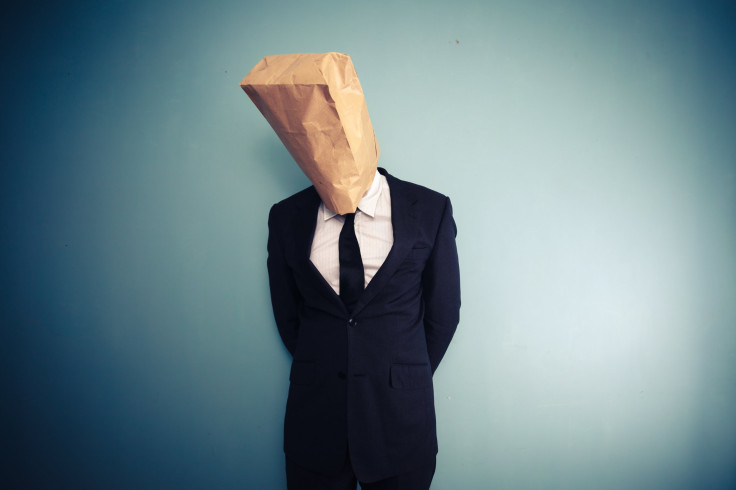Shame Is Wi-Fi Capable: You Can Still Be Embarrassed By Your Secret Online Purchases

If you trip and fall in the forest and no one's around to see it, will you still feel embarrassed?
The answer, according to a recent study published in the Journal of Consumer Psychology, is almost certainly yes.
Conducting a series of surveys, the authors found that people are more than capable of feeling embarrassed about privately-experienced life events and that even offering people the power of online anonymity when purchasing taboo items (ex: Viagra) can still trigger a sense of shame in them.
"There is a misconception that buying products online insulates consumers from being embarrassed," said study co-author Dr. Kelly Herd of Indiana University in a press release by the college. "But while the product may arrive at the doorstep discretely, the act of purchasing is what triggers the embarrassment. You still feel embarrassment because you're judging yourself. It's not about you even thinking about others judging you."
In the first survey, the authors simply asked participants to recount experiences that had embarrassed them at one point — one of which would later inspire the study's title, "Wetting the Bed at Twenty-One: Embarrassment as a Private Emotion."
They then asked those willing to continue on with the experiment to imagine buying over-the-counter incontinence medication, both publicly and through the internet. Though both scenarios were enough to cause some head-burying, the latter situation was uniquely embarrassing.
"Participants' desire to escape an embarrassing situation for in-public context suggests that simply removing oneself from the situation makes the negative emotions dissipate; but for embarrassing situations experienced within an in-private context, one cannot easily 'escape' the embarrassment," the authors wrote, according to the university's release.
A third experiment with Viagra as the purchase of choice shined more light on why the privacy of a shameful act can be particularly stiffening.
"When you buy it in public, it doesn't matter why you're buying it, because you perceive that people are going to judge you just for having purchased the product," Herd said. "In private, it's much more nuanced...you know you need it due to performance."
Those who would have bought it strictly to just liven up their normal sex lives were consequently much less embarrassed by it.
According to Herd, the study is particularly important because it hints that the internet isn't a cure-all for stigmatized but perfectly healthy life decisions like purchasing contraception and taking proper care of your colon.
"When it comes to getting people to purchase STD testing kits or to buy condoms or to buy incontinence medicine, the general understanding from marketing companies is that if you offer it online, people won't be embarrassed and therefore are more likely to purchase it," Herd said. "However, our results suggest that maybe that's not necessarily the case. It seems that the Band-Aid that companies are offering, to get people to engage and purchase these products is to offer it online, which of course 20 years ago wasn't an option. Our research suggests that is not the fix."
Better to fight back against these silly taboos out in the open than to brush it underneath the rug, Herd believes.
"Embarrassment may prevent consumers from purchasing necessary medication, practicing safe sex or voicing their feedback on products," she said. "By gaining a better understanding of embarrassment and considering the under-studied yet highly prevalent circumstances under which it may occur, this research offers insights for marketers, public policy makers and consumers."
Source: Krishna A, Herd K, Aydınoğlu N. Wetting the Bed at Twenty-One: Embarrassment as a Private Emotion. Journal of Consumer Psychology. 2015.
Published by Medicaldaily.com



























